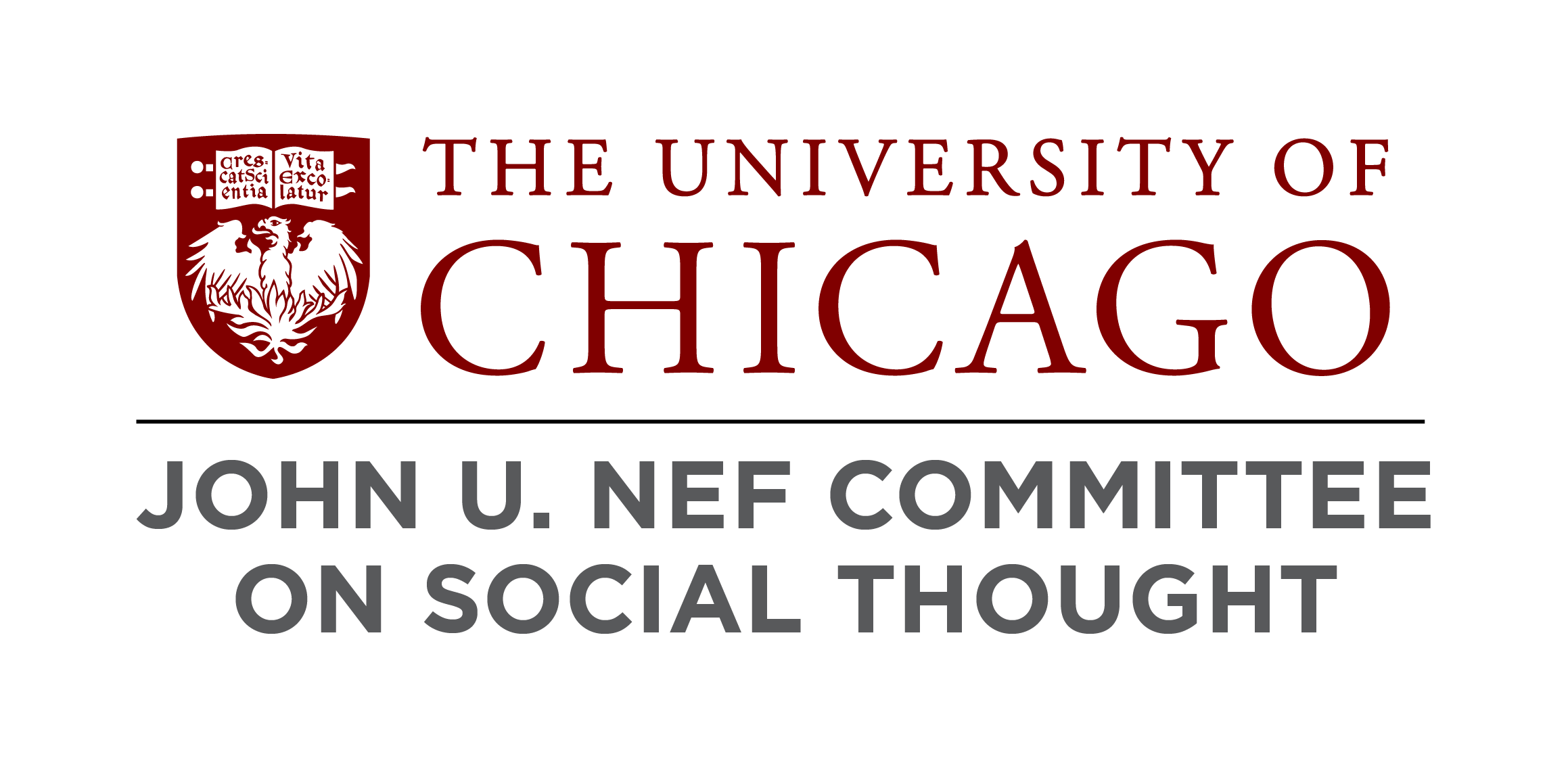
ABOUT
Andrei Pop (B.A. Stanford, Ph.D. Harvard, Art History) has published a book entitled Antiquity, Theatre, and the Painting of Henry Fuseli (Oxford, 2015) on the romantic painter and writer Henry Fuseli, a translation of Karl Rosenkranz’s 1853 Aesthetics of Ugliness, and an edited volume on the history and theory of ugliness. His second monograph, A Forest of Symbols, concerns pictures as logical objects linking fantasy and fiction to activities like formulating and testing hypotheses, particularly during the late nineteenth century revolt against empiricism in art and mathematics. The symbol, understood both sensuously and conceptually, proved a focal point for investigating how the means of representation make possible a shared world of reasons and, what is more difficult, experiences. In the same vein, Pop is interested in the relation of art and science, in dramatic and narrative art (particularly in the classical tradition), and in how modernity deals with the past. These interests intersect with others in the logic of fiction, art historiography, cartoons, comics and caricatures, popular music and science fiction, beauty and ugliness. In short, Pop studies various aspects of the nature of art and what role it plays in the good life and the bad.
SELECTED PUBLICATIONS
BOOKS
A Forest of Symbols: Art, Science and Truth in the Long Nineteenth Century (Zone Books, 2019).
Antiquity, Theatre, and the Painting of Henry Fuseli (Oxford, 2015).
ARTICLES AND ESSAYS
"The Importance of Being Oroonoko: An Art-Historical Morality Play”, Art Bulletin, Vol.103, No.4 (December 2021).
“The World as I found it: On the First Person Perspective”, Representations, Vol.156 (Fall 2021).
“Enlightenment as Thought Made Public: Joshua Reynolds’s Portrait of a Black Man”, Journal18, No.12 (Fall 2021).
"Cubic Form: Carl Einstein's Realist Definition of Sculpture", Philosophy of Sculpture (2019).
"Ennemies de l'Absolu? Mirbeau, Rodin, et Le Jardin des supplices", Cahiers Octave Mirbeau (2019).
"Goya and the Paradox of Tolerance", Critical Inquiry (2018).
“Enlightenment Sexual Anthropology: Three Writers and a Caricaturist,” Enlightenment Liberties (2018).
"Die Objektivität des Erhabenen", Ästhetische Kategorien (2017).
"Classicism and Mystery", Classicisms, Exh. Cat. Smart Museum (2017).
"Of Monsters and Machines: Picturing Psychic Complexity", Retour des Ténèbres, Exh. Cat. Musée Rath, Geneva (2016).
"Sculpture and Illusion", Sculpture on the Move, Exh. Cat. Kunstmuseum Basel (2016).
"Why the Vienna School Still Haunts Art History", Oxford Art Journal (2015).
Antiquity, Theatre, and the Painting of Henry Fuseli (2015).
Karl Rosenkranz, The Aesthetics of Ugliness [1853] (2015), translated and ed. with Mechtild Widrich.
Ugliness: The Non-Beautiful in Art and Theory (2014), ed. with Mechtild Widrich.
“Iconology and the Logic of Belief: a Case Study of Anselm’s Chapel, Canterbury,” IKON 7 (2014).
“Masks, Modernity, Egoism: Theatrical Practice in James Ensor and Maurice Maeterlinck,” The Art of Theatre: Word, Image, and Performance in France and Belgium, c.1830-1910 (2013).
“Henry Fuseli: Greek Tragedy and Cultural Pluralism,” Art Bulletin Vol.94, No.1 (2012).
“Das Einleuchtende am Bild: der andauernde Wert von Wittgensteins früher Bildtheorie,” Kategorien zwischen Denkform, Analysenwerkzeug und historischem Diskurs (2012).
“Sympathetic Spectators: Henry Fuseli’s Nightmare and Emma Hamilton’s Attitudes,” Art History, Vol.34, No.5 (2011).
How to do Things with Pictures: A Guide to Writing in Art History (2008).
 THE UNIVERSITY OF CHICAGO
THE UNIVERSITY OF CHICAGO

